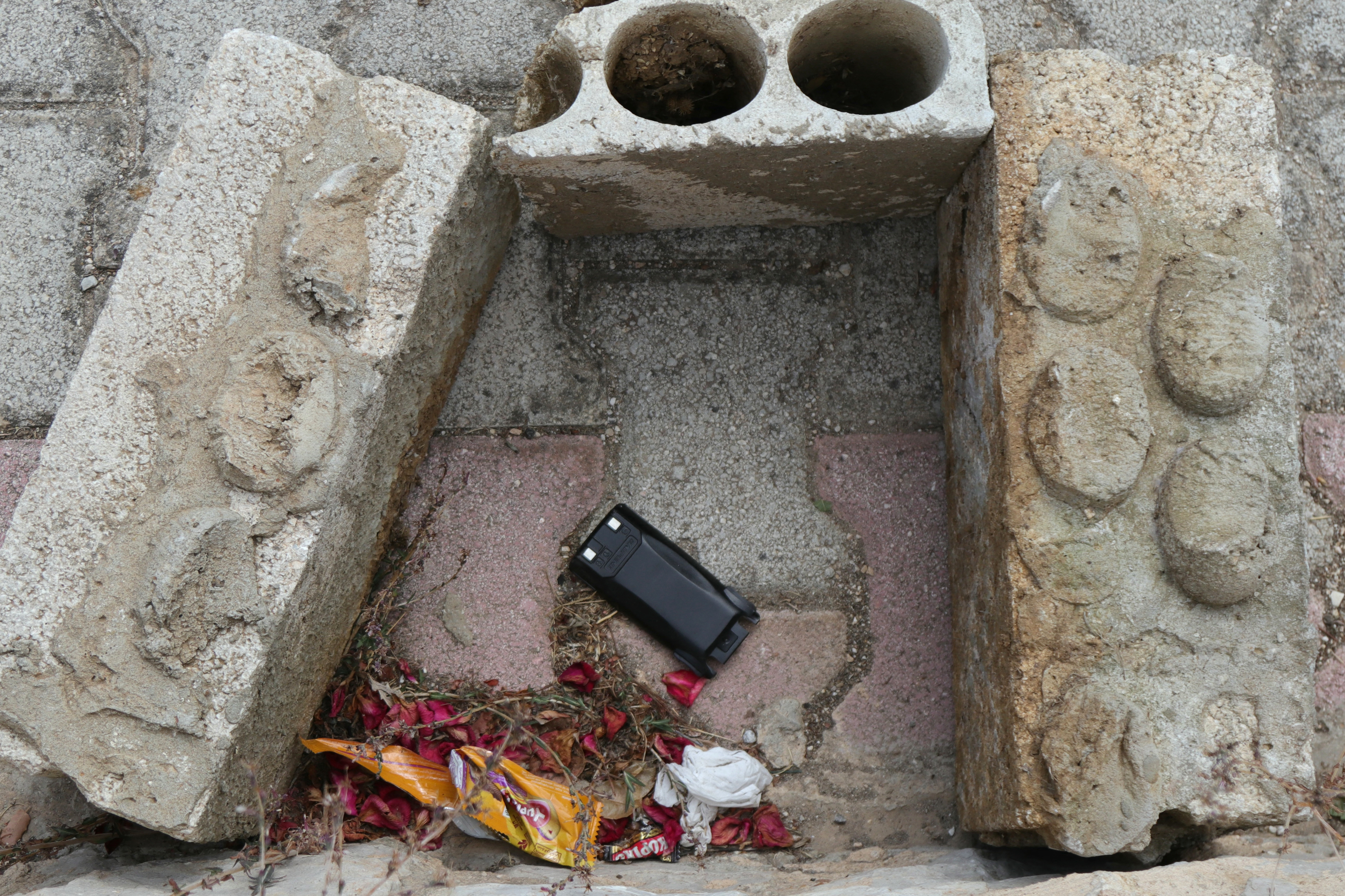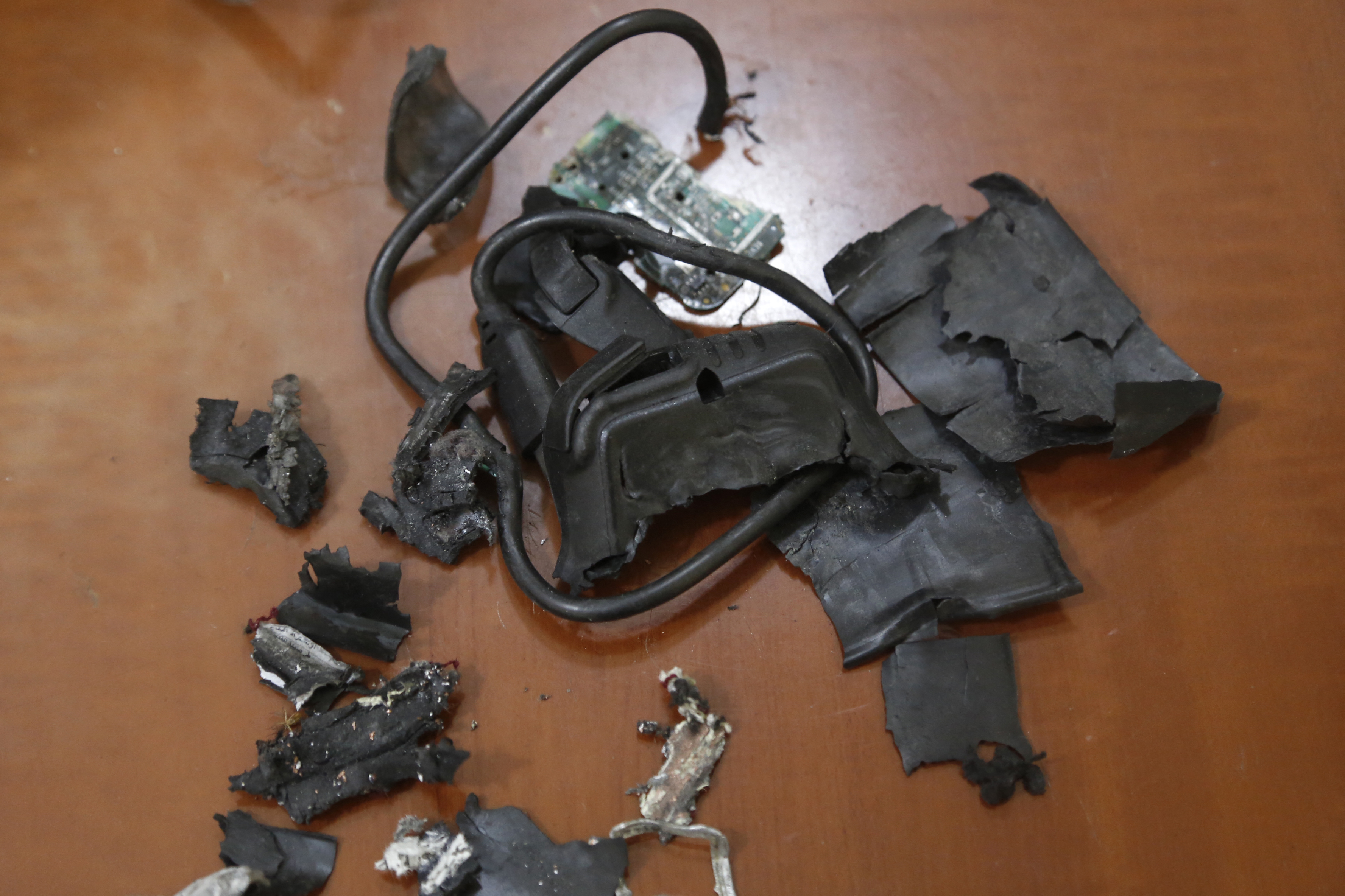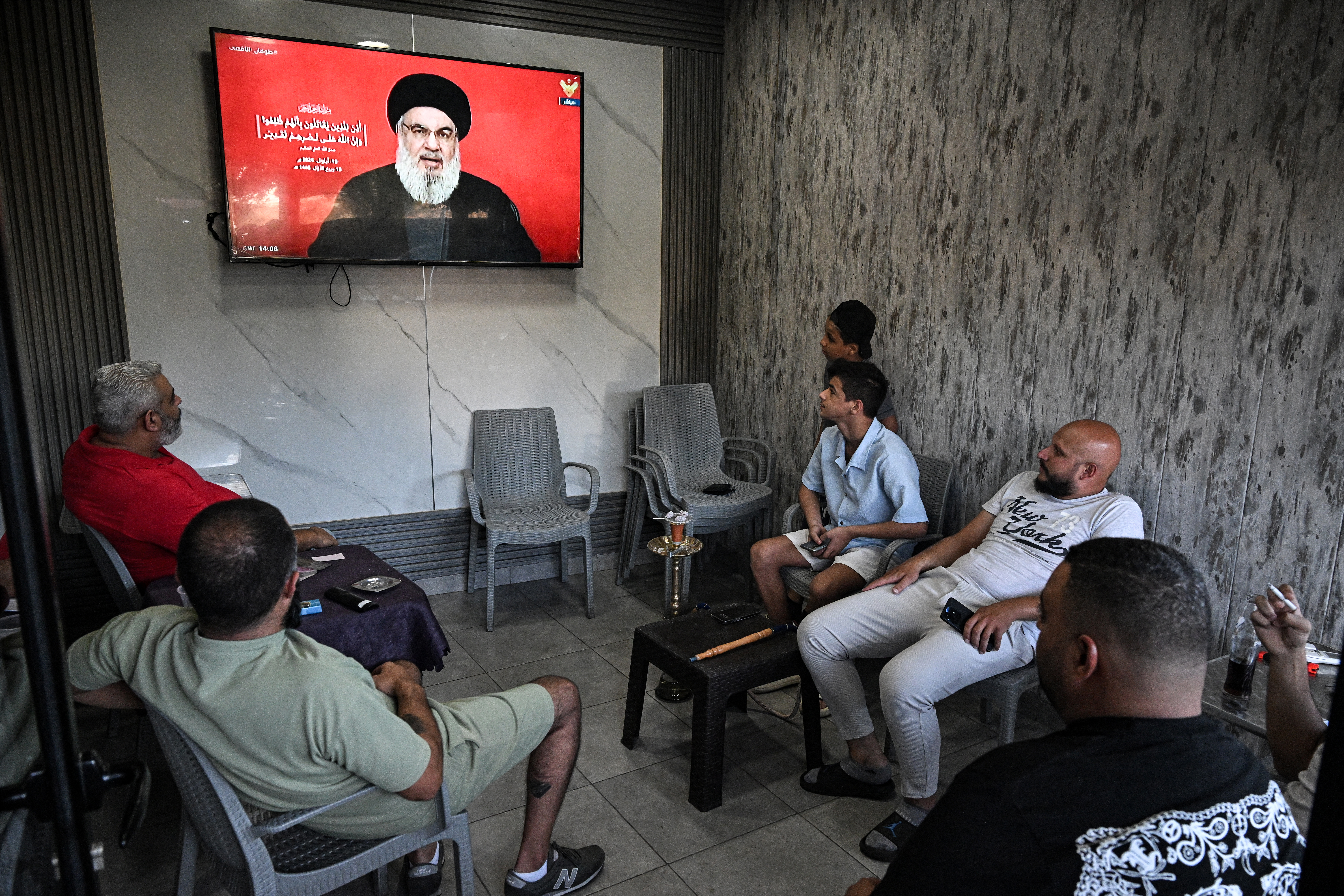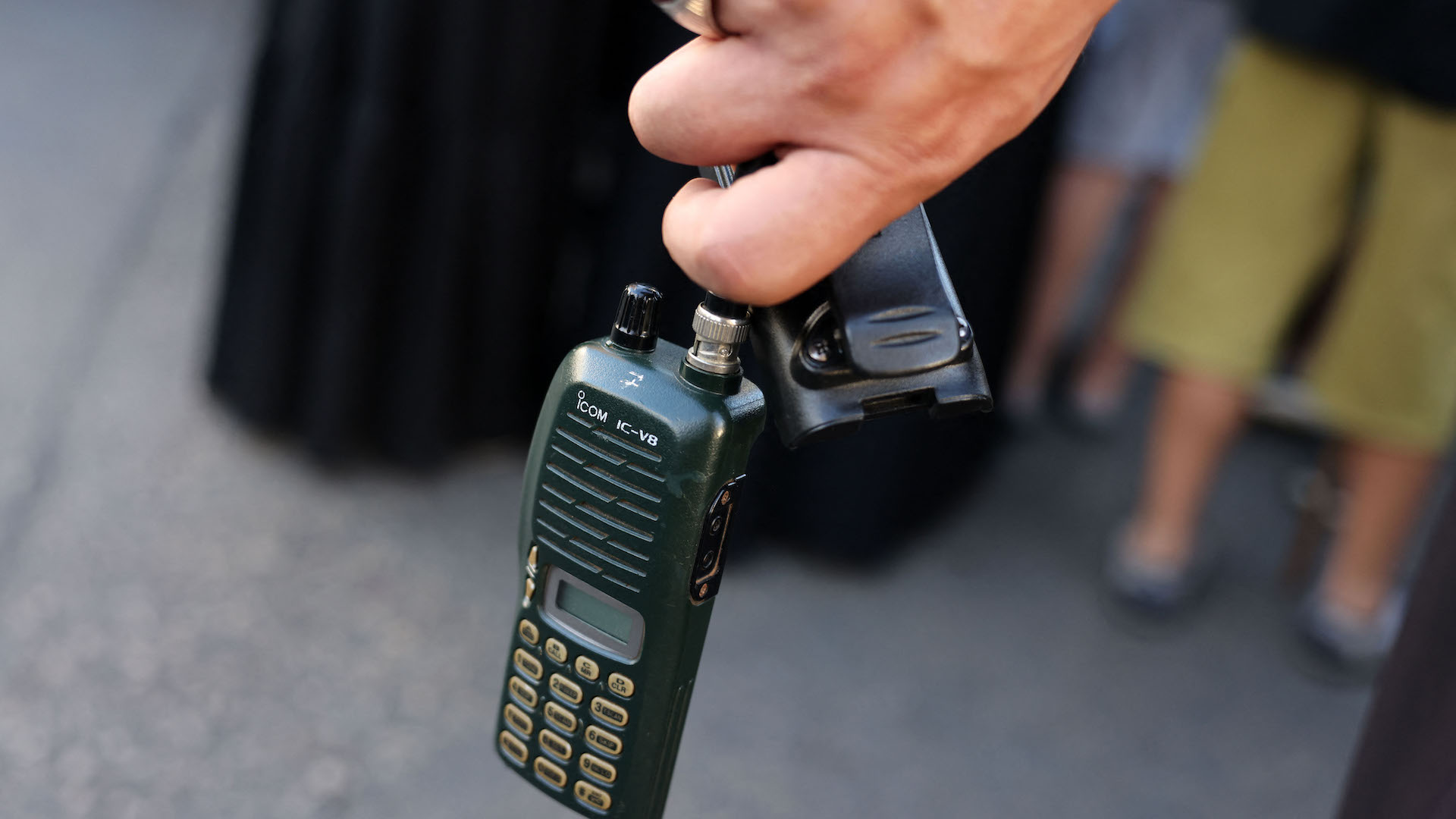Details are starting to come to light about how Israel apparently orchestrated two days of coordinated explosions targeting thousands of pagers and walkie-talkies used by Hezbollah in Lebanon. You can read our reporting of the first wave of explosions here, and the second wave here.
At this point, it’s worth remembering that Israel has not admitted responsibility for the blasts, but it is now widely acknowledged that was behind them. Moreover, as we have discussed before, it would be entirely in keeping with what appears to be a developing plan for a full-scale military operation launched against Hezbollah.
Addressing the first wave of explosions, on Tuesday, this targeted pagers used by Hezbollah.
At 3:30 p.m. local time, it seems the pagers were triggered simultaneously, by a specific message. The message was one that looks, at least, as if it was sent by Hezbollah leadership.

This suggests a modification of the software in the pager that in turn triggered an explosion.
However, based on eyewitness accounts, the pagers didn’t explode immediately after the message arrived, but with a slight delay. A bleep and then a pause would give time for the device to be picked up and even brought closer to the face of whoever owned it. This would correspond with reports of multiple hand and facial injuries among those targeted.
Modifying the pagers to respond in a specific way to a particular message is one thing, but then there’s the fact that each seems to have contained a small amount of explosive.
The physical sabotage of the devices would also have required this explosive to be added, although not necessarily much. Even a few grams of explosive would likely be enough to inflict life-changing injuries.
All of this put together indicates a very elaborate operation to get appropriately sabotaged pagers into Hezbollah’s hands.
According to an investigation by The Guardian newspaper, the pagers were AR-924 models from a Taiwanese manufacturer, Gold Apollo. The Taiwanese firm has since said that the manufacture of these devices was carried out by a subcontractor, BAC Consulting, which is based in Hungary, but which bears all the hallmarks of a front company. The related deal was apparently signed three years ago.
The exact status of BAC Consulting is something of a mystery, with its website having gone offline yesterday. Its chief executive, Cristiana Bársony-Arcidiacono, confirmed to NBC that her company had links to Gold Apollo, but that BAC Consulting was “just the intermediate.” Hungarian officials have also said the pagers were not made in Hungary.
Wherever the modified pagers were produced, they were fitted with an explosive device and the requisite software and then supplied to Hezbollah — this is perhaps the most remarkable part of the story.
The implication is that Israeli intelligence knew that the militant group was in the market for a large quantity of pagers — around 5,000. Ironically, the acquisition of the devices had been encouraged by the group’s leadership since pagers were deemed to be safer than mobile phones.
Israel, therefore, became aware of Hezbollah’s demand for pagers and then managed the entire production and delivery process — including a plausible-looking supply chain — to ensure that they were distributed and that the entire plan remained a closely guarded secret. In the time between the devices having been issued to Hezbollah and the explosions this week, the fact that they were used for encrypted communications means that Israel was also very likely reading all their traffic and reaping a significant intelligence windfall.

The second wave of explosions, on Wednesday, targeted walkie-talkies used by Hezbollah. Fewer details have emerged about these, but it seems highly likely that the devices were tampered with and distributed in a similar way.
The results, however, are beyond doubt. The blasts on Tuesday killed 12 and injured up to 2,800 more, while those on Wednesday killed 14 and left more than 450 more injured.
Just as importantly for Israel, the explosions created chaos and confusion, stripping Hezbollah of secure communications and eroding its chain of command. A review of operational security within the group will also have tied up further resources and caused yet more disruption. There have also been other effects, including the announcement today that Qatar Airways would refuse to allow passengers to bring pagers or walkie-talkies onto its flights.
Interestingly, there are suggestions that Israel may have rushed the operation amid fears that it was about to get compromised. Unnamed U.S. officials apparently told Axios that the decision to trigger the devices this week was made due to concerns that Hezbollah was poised to uncover the nature of the plot.
“It was a use it or lose it moment,” one U.S. official told Axios.
As can be easily imagined, the terrifying nature of electronic devices exploding on command has also resulted in a general panic among the population in Lebanon. There have been reports of other electronic items exploding, including solar power systems and fingerprint readers, although there has been no independent confirmation of devices other than pagers and walkie-talkies having been affected. Photos of damaged and burned iPhones have appeared on social media. At least some of these have been debunked, but they do show the degree to which the population is now fearing what might happen next.
All this has been seen as a likely prelude to a more sustained military campaign launched against Hezbollah and, with airstrikes already happening in the south of Lebanon, such an operation may already be taking shape.
At the same time, the explosions not only brought death and injury to Hezbollah but also led to casualties among Lebanon’s civilian population, which resulted in a backlash from the international community.
The weaponization of electronic devices in this way has caused alarm, with the monitoring group Human Rights Watch noting that it contravenes human rights law, which specifically “prohibits the use of booby traps … precisely to avoid putting civilians at grave risk.”
This also raises the prospect of similar kinds of booby-trapped devices being utilized by non-state actors in the future. The possibility of a terror campaign making use of modified electronic devices sold in public online marketplaces is a very worrying one, and one that could exploit loopholes in existing supply chains to create widespread disruption.
While the explosions may have been unprecedented in terms of scale, Israel has previously assassinated key figures using broadly similar methods. In 1996, Yahya Ayyash, the chief bombmaker of Hamas, was killed by an exploding cell phone. The device had been given to him by Israeli intelligence, who used it to eavesdrop on his conversations, before triggering a fatal explosion.
The series of explosions this week came as a surprise, but there are also reports that the Israeli Minister of Defense, Yoav Gallant, called his U.S. counterpart Lloyd Austin only minutes before the first wave of blasts, alerting him to the fact that an operation in Lebanon was about to begin. The call falls short of a public acknowledgment of responsibility, and it seems that no specifics of the operation were revealed to Austin.
Undoubtedly, the explosions have had a significant impact on Hezbollah and Lebanon, but the long-term results remain to be seen.
For its part, Hezbollah has promised to avenge the attacks of the last two days. Hassan Nasrallah, Hezbollah’s leader, today threatened Israel with “tough retribution and just punishment” and that this would happen “where it expects it and where it does not.”

Today, Israeli Air Force fighters were flying low over Beirut, deploying infrared shares, in a show of force that was widely seen as a response to Nasrallah’s threats.
Clearly, Israel has expanded its aims beyond the war in Gaza, although exactly what is plans next for Hezbollah is unclear. However, with the unprecedented explosions across Lebanon this week, Israel has laid down a significant marker of the lengths it is willing to go to tackle the militant group, using all means at its disposal.
Contact the author: thomas@thewarzone.com
